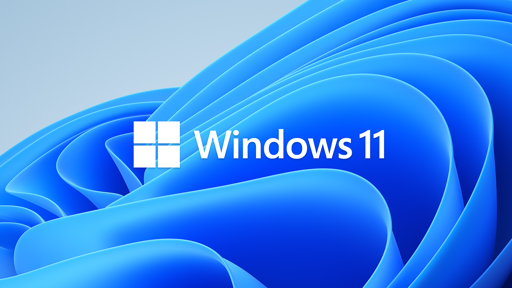Microsoft EVP Yusuf Mehdi said in a blog post last week that Windows powers over a billion active devices globally. This might sound like a healthy number, but according to ZDNET, the Microsoft annual report for 2022 said that more than 1.4 billion devices were running Windows 10 or 11. Given that these documents contain material information and have allegedly been pored over by the tech giant’s lawyers, we can safely assume that Windows’ user base has been quietly shrinking in the past three years, shedding around 400 million users.
This is probably why Microsoft has been aggressively pushing users to upgrade to Windows 11 after the previous version of the OS loses support — so that its users would install the latest version of Windows on their current system (or get a new PC if their system is incapable of running the latest version). Although macOS is a threat to Windows, especially with the launch of Apple Silicon, we cannot say that those 400 million users all went and bought a MacBook. That’s because, as far back as 2023, Mac sales have also been dropping, with Statista reporting the computer line, once holding more than 85% of the company revenue, now making up just 7.7%.



Thanks for explaining. It’s a bit tricky if you invent words without explaining them at the same time.
You’re right. I’m used to read stupid takes here on Lemmy, so I mainly ignored those. It is like you said. People are moving more towards mobile devices where they’re not in control of anything. They’re mostly walled gardens. You don’t get administrator privileges, Google or whoever is making those choices for you. And they’re so easy to use, you don’t even learn anything about the internet and their inner workings. It’s all a service and content magically appears on your screen. All of that is a step down from where we’ve been before.
I struggle to recommend Microsoft instead. While it’s still a computer and that definitely changes things, they’re headed in exactly the same direction. Everything is set on spying per default these days, and they also try to lure you in into their walled gardens, paid services instead if owning software or disk space… It’s not the same level. But not good either.
Ideally we don’t want any of them to be in control of our platforms and devices, but have some control ourselves. With smartphones that’s next to impossible. With windows you might be able to pull it off if you put in some effort, since it’s not the default experience. Given it’s something that can be changed.